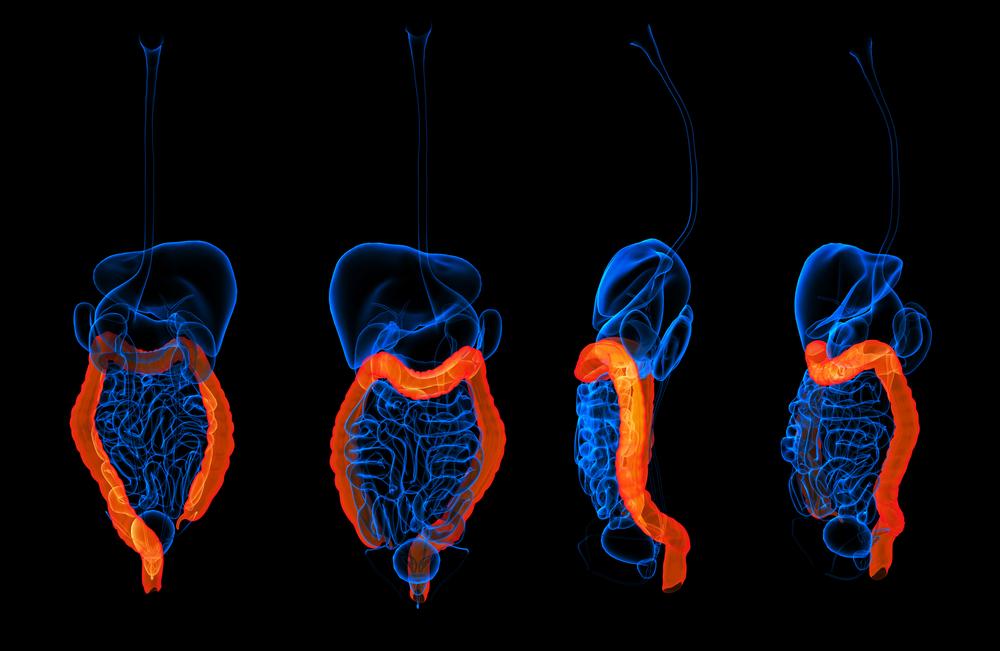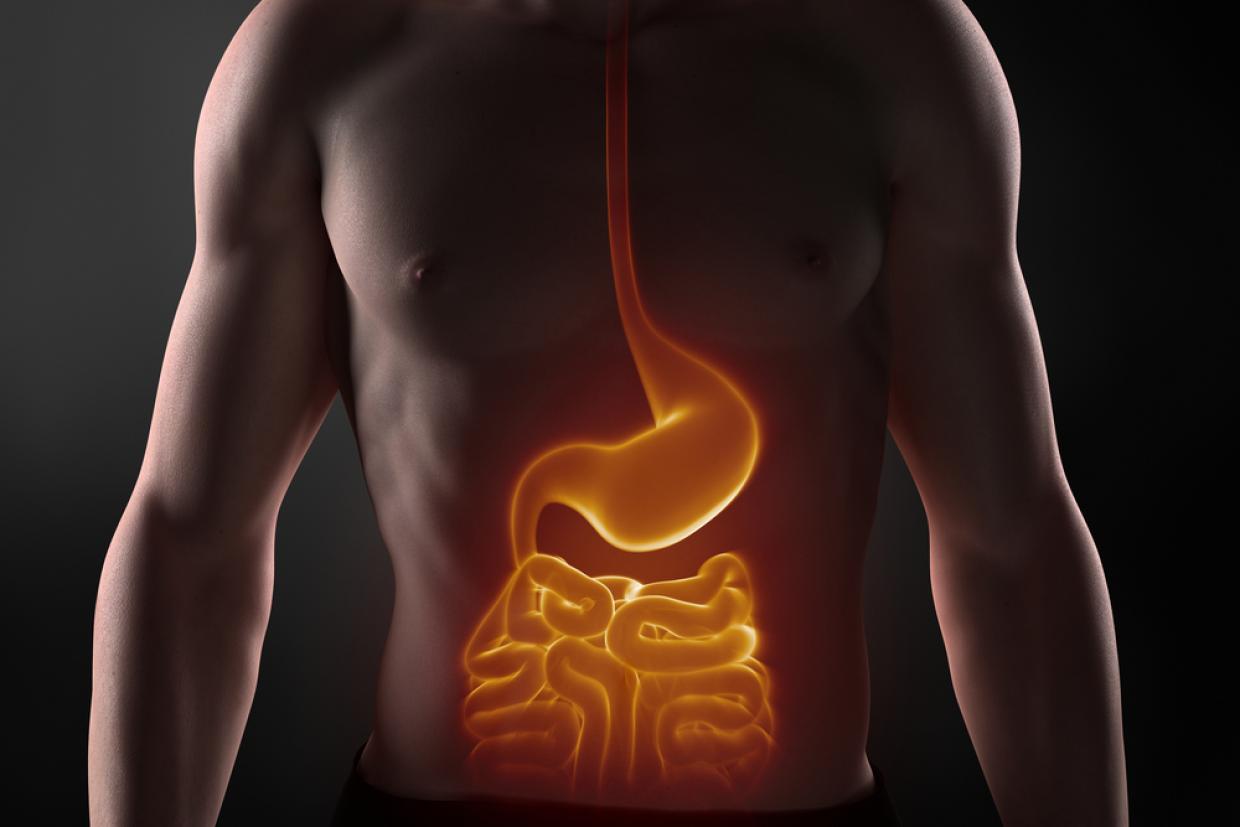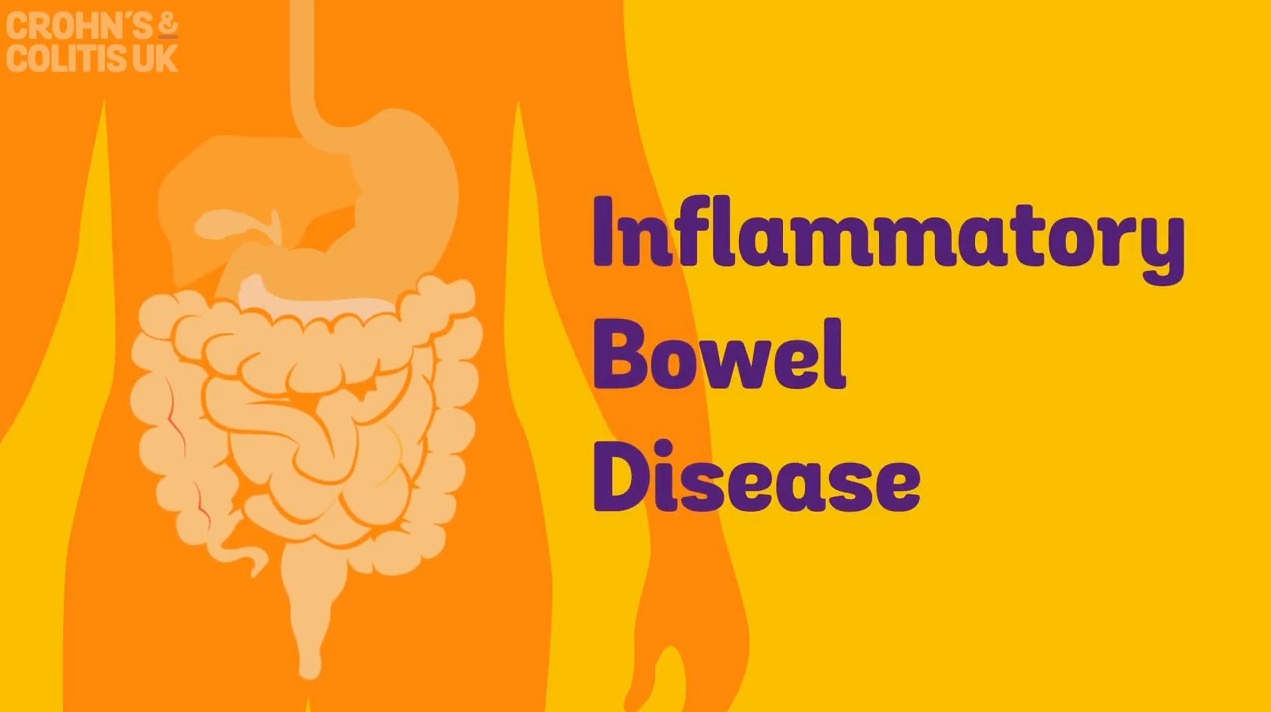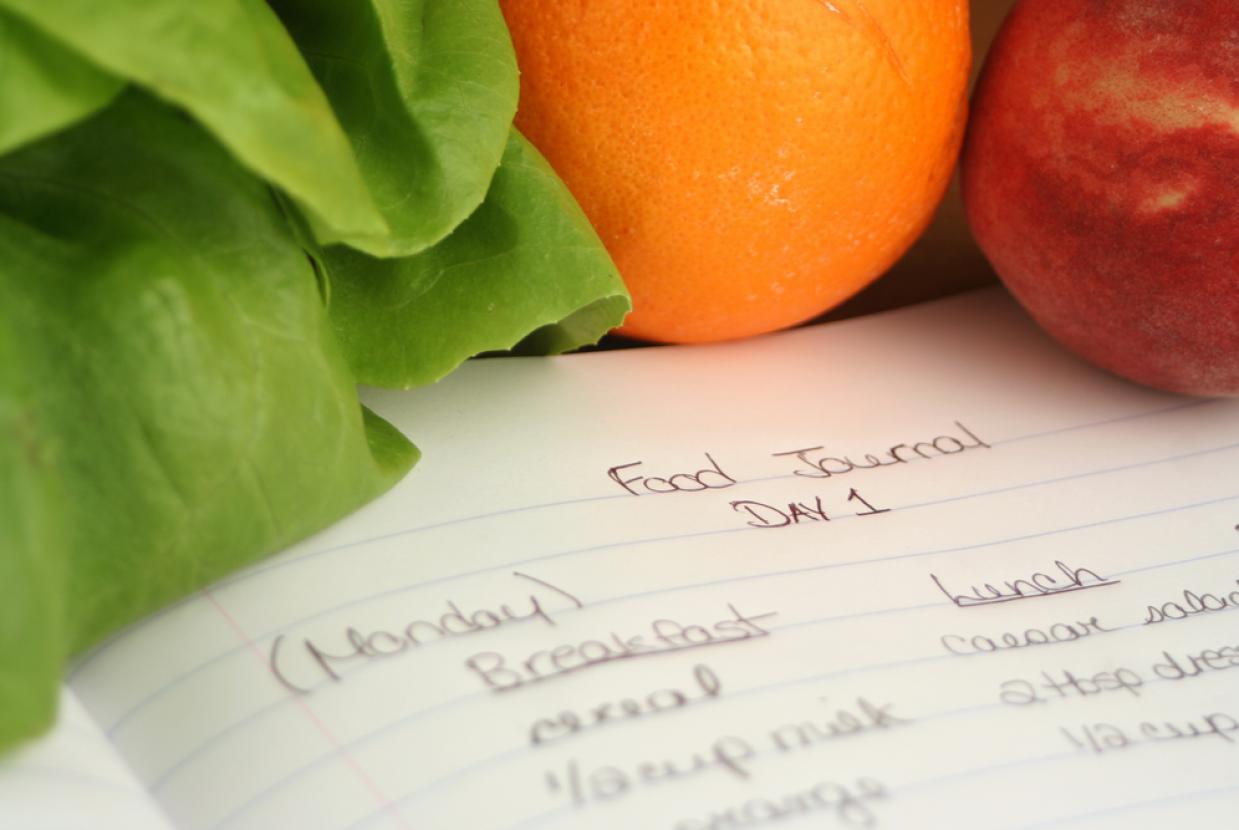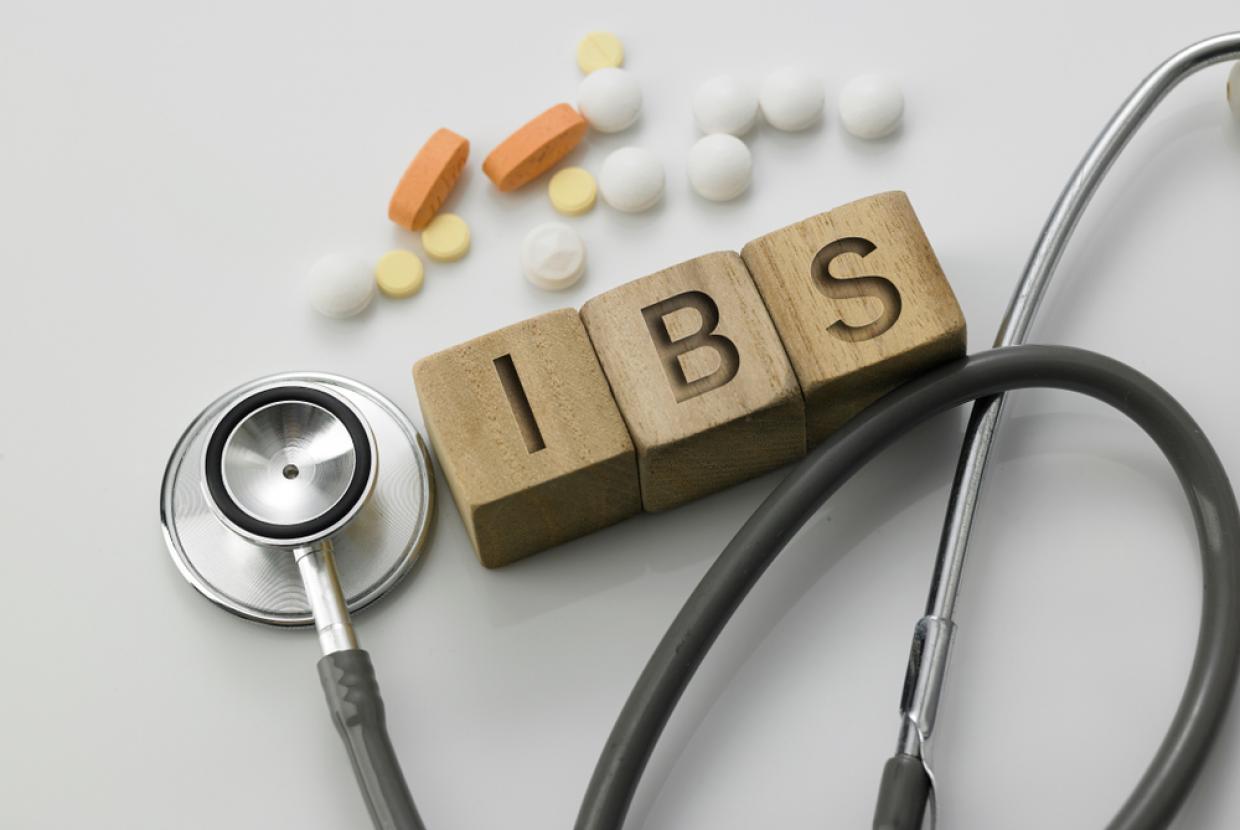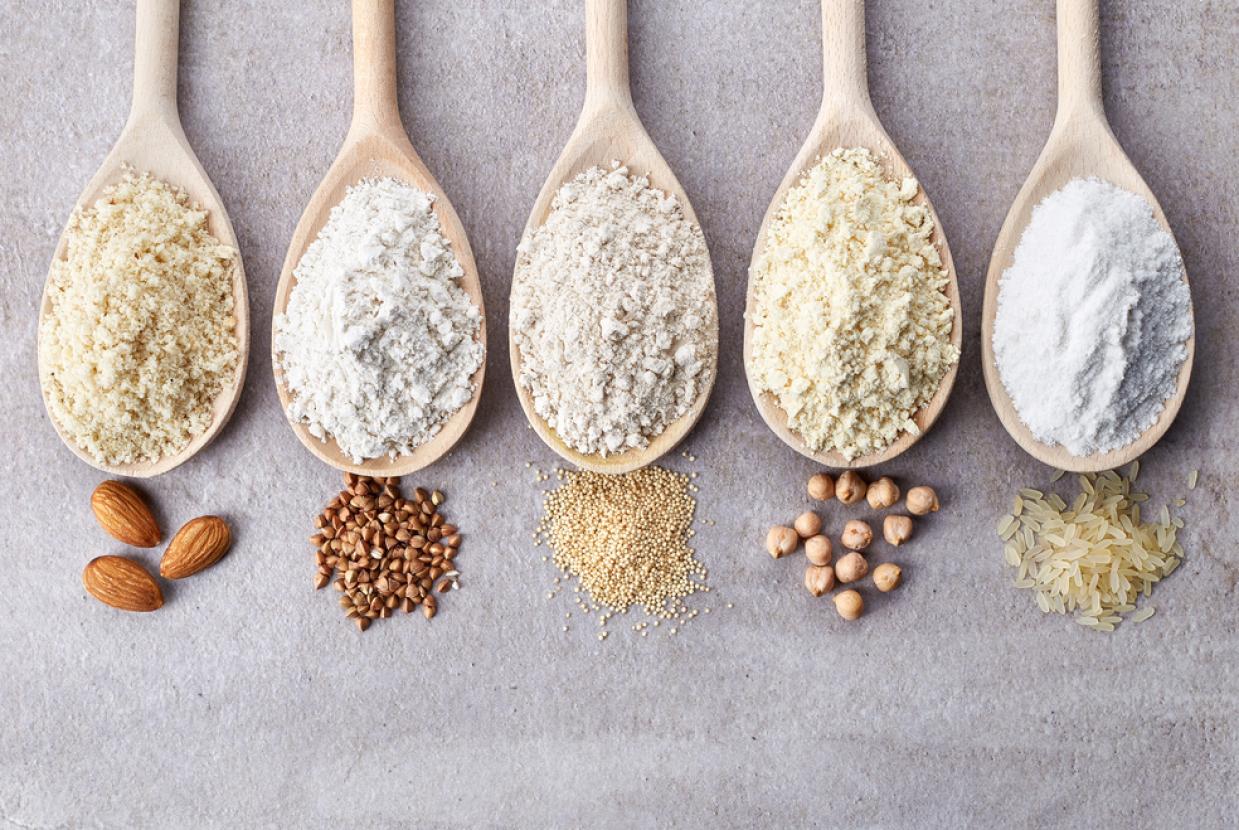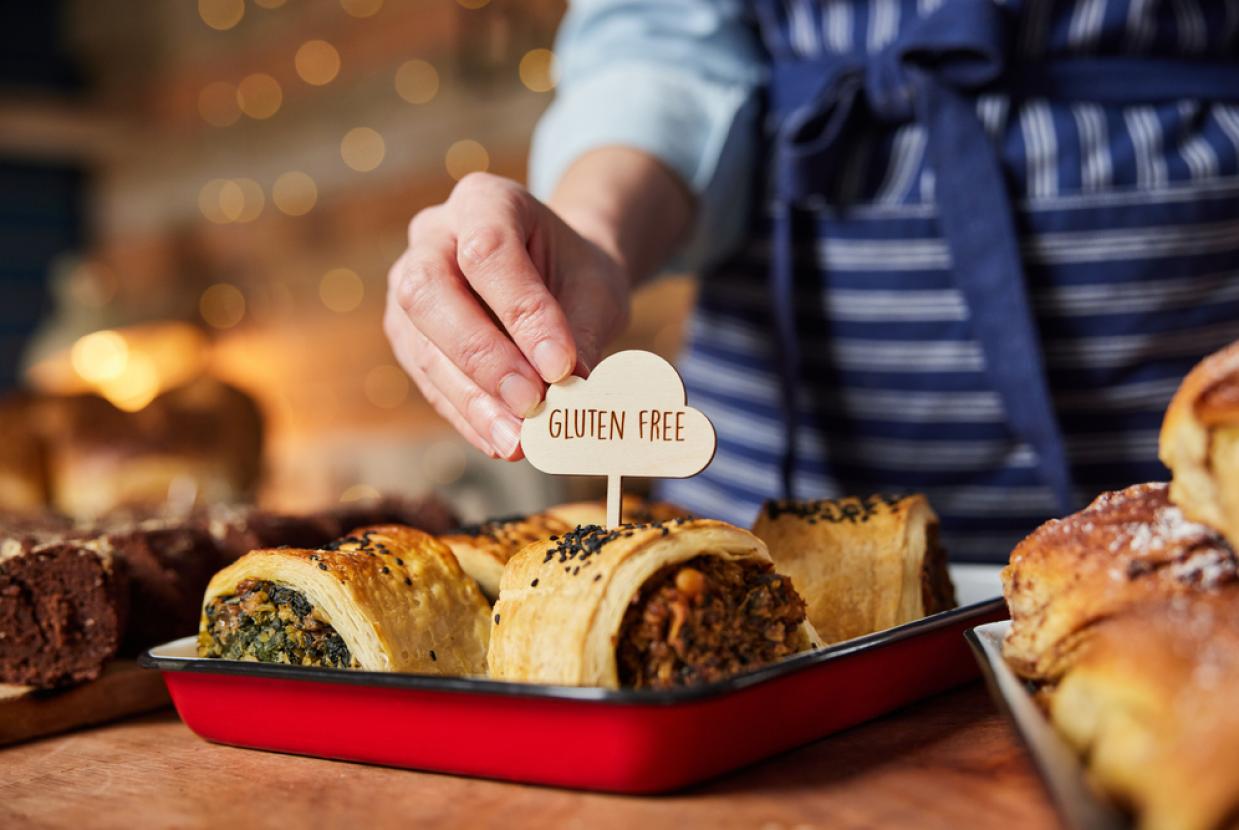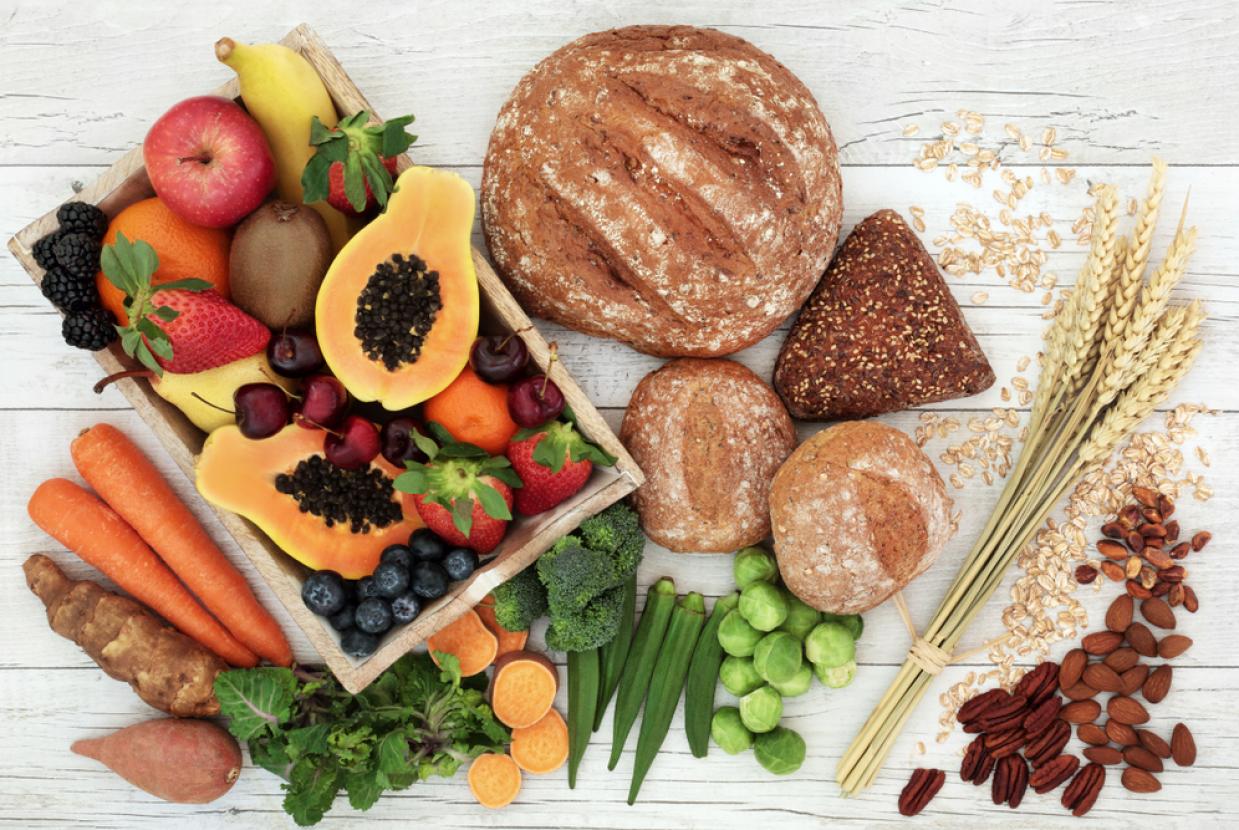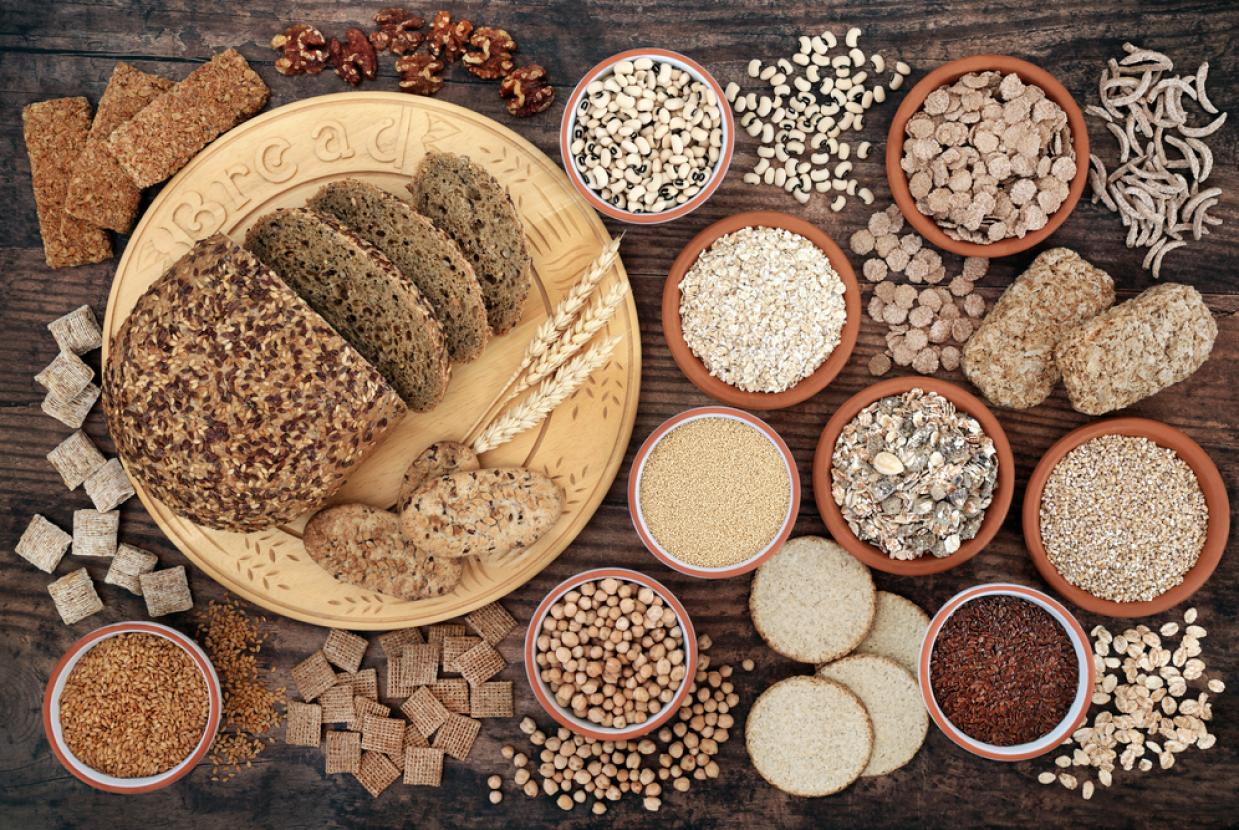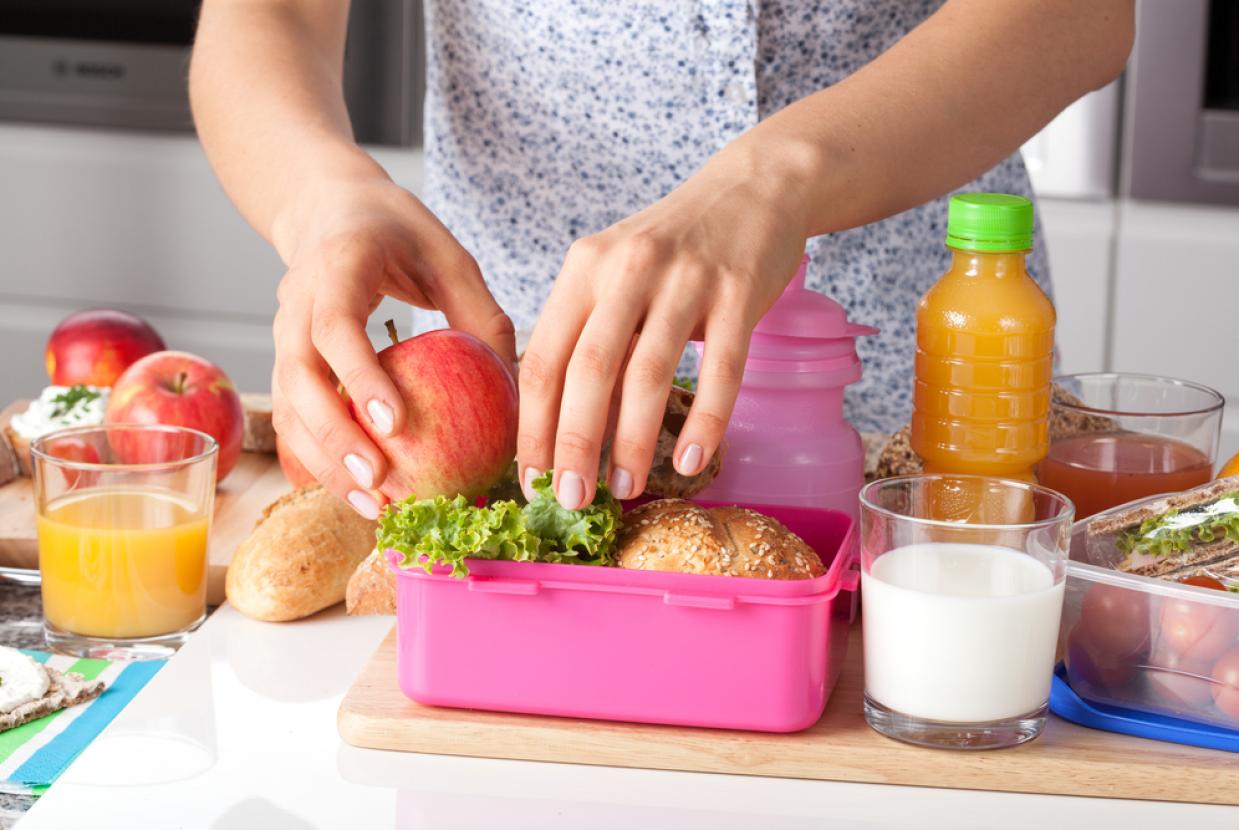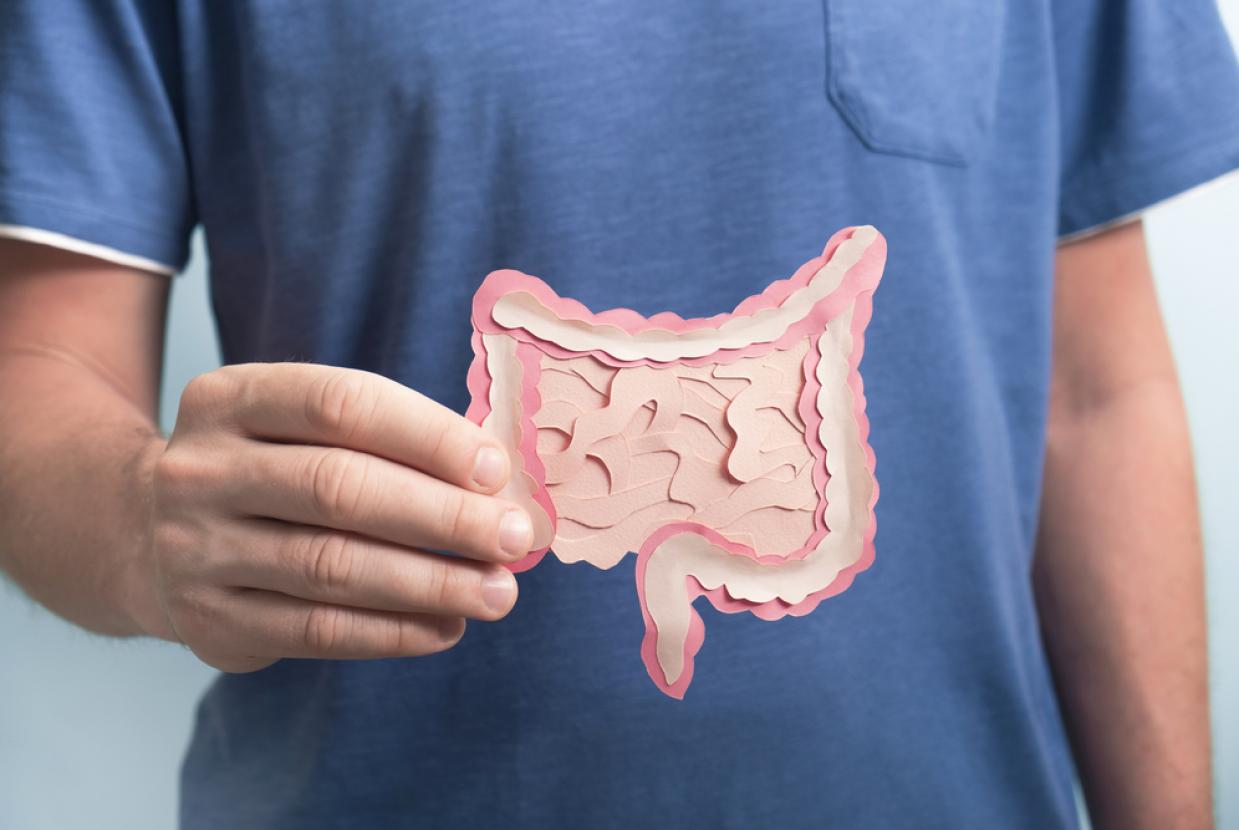Cutting Out Bread To Beat The Bloat
Digestive HealthIs eating bread giving you bloating and other digestive symptoms? If so, you could be sensitive to wheat. More and more of us claim to suffer from a wheat allergy, so we shun bread and other wheat-based foods, like pasta and cereals.
Experts say genuine food allergy is, in fact, rarely to blame. But wheat sensitivity (also known as wheat intolerance) or simply trouble digesting wheat is increasingly common.
Bread-related gut symptoms
"Probably a third of patients in my allergy clinic complain of digestive symptoms such as bloating, diarrhoea, vomiting and stomach pain after eating bread," says Isabel Skypala PhD, specialist allergy dietitian at the Royal Brompton and Harefield NHS Foundation Trust.
She says allergy is unlikely to be the culprit, but bread-related symptoms are real, and wheat could be to blame. "Some people find certain foods are simply hard to digest, and wheat appears to be one of those," she explains.
The health problems caused by wheat
There are 3 key health problems caused by wheat:
- Wheat allergy – reactions usually begin within minutes and include itching, sneezing and wheezing. See your GP for referral to an NHS allergy clinic.
- Coeliac disease – a condition where the intestine lining can't absorb and is damaged by gluten-containing foods including wheat, barley, oats and rye. See your GP for a blood test.
- Wheat sensitivity – symptoms like bloating, cramps, diarrhoea and sickness come on quite slowly, usually hours after eating wheat. There's no diagnostic test.
What to do if wheat triggers digestive symptoms
If your symptoms are severe and long-lasting, especially if you have bleeding from the bottom (rectal bleeding), vomiting or painful stomach ache, see your doctor to rule out a medical condition.
If you have bloating or other minor symptoms after eating bread, Dr Skypala recommends trying an elimination diet. This is where you completely cut out wheat from your diet for 2 to 6 weeks, then gradually bring it back in to see if symptoms reappear.
"When you bring wheat-based foods back in, I recommend trying Weetabix or pasta first for a few days before starting on bread. It's better to start with wheat in a more pure form, as bread has so many other ingredients," Dr Skypala says.
Is it wheat intolerance or sensitivity?
If your symptoms return, it confirms you're sensitive to wheat and will also show you which foods are especially troublesome. Some people may only have problems with pasta, for example, while others are fine until they eat bread.
If you are sensitive to wheat, or you have trouble digesting it, the main way to relieve your symptoms is to embark on a wheat-free or partially wheat-free diet.
Foods that contain wheat
Foods with wheat in them include:
- bread
- pasta
- some cereals
- couscous
- cakes and pastries
- biscuits
- doughnuts
- hydrolysed vegetable protein (HVP)
- some beers
- soy sauce
- many processed foods
Wheat-free foods
These foods are a great alternative to wheat-based ones:
- porridge, Rice Krispies and cornflakes
- buckwheat pasta
- quinoa
How to go on a wheat-free diet
Cutting out bread and other foods containing wheat should not harm your health, if you do it properly. Wheat is one of our staple foods, and lots of wheat products, such as breakfast cereals, are fortified with vitamins and minerals.
In the past, there was a danger of running short of essential nutrients like B vitamins and iron if you cut out wheat. But there's now a good range of widely available wheat-free alternatives that will not compromise a balanced diet.
"There are great wheat substitutes you can buy off the supermarket shelf now. Go for gluten-free bread, and try other types of grains, such as quinoa, corn and rice," says Dr Skypala. "Just make sure you substitute other equally nutritious foods for the wheat-based ones you're cutting out."
Be sure to cut out all wheat from your diet. Some sources of wheat are obvious, such as bread, but others are less so, such as soy sauce.
Tummy-friendly breads
The good news is you might not need to cut out bread completely. Some people with wheat sensitivity appear to have no problems when they eat toast (cooked wheat tends to be easier to digest), sourdough bread, bread cooked with flour made from French wheat, or any bread from a specialist bakery, rather than a supermarket.
The anti-bloat FODMAP diet
A specific type of wheat-free diet may help certain people with wheat sensitivity. Originally designed for people with irritable bowel syndrome (IBS), the low-FODMAP diet is now being recommended by dietitians to people who have problems digesting wheat.
It's not a catchy name, but FODMAP stands for "fermentable oligosaccharides, disaccharides, monosaccharides and polyols", which are types of carbohydrates that are not easily broken down and absorbed by the gut.
Essentially, the diet entails cutting out foods that can cause bacterial growth and lead to diarrhoea and bloating. That means cutting out wheat and other fermentable foods such as onion, apple, pears, mushrooms, honey, cabbage and sometimes milk.
"The FODMAP diet has been hugely successful for people with IBS. Because it excludes wheat, many people with wheat sensitivity may also find it helpful," says Dr Skypala.
The low-FODMAP diet works best if it's coupled with special dietary advice from a dietitian. There are low-FODMAP-trained dietitians working in the NHS and privately. If you want to see an NHS dietitian, ask your GP or consultant to refer you.














